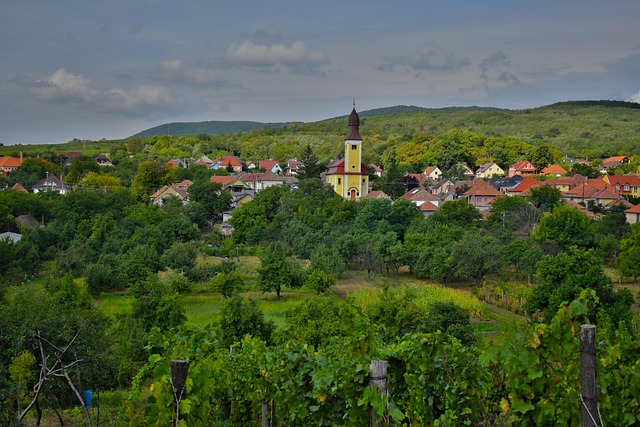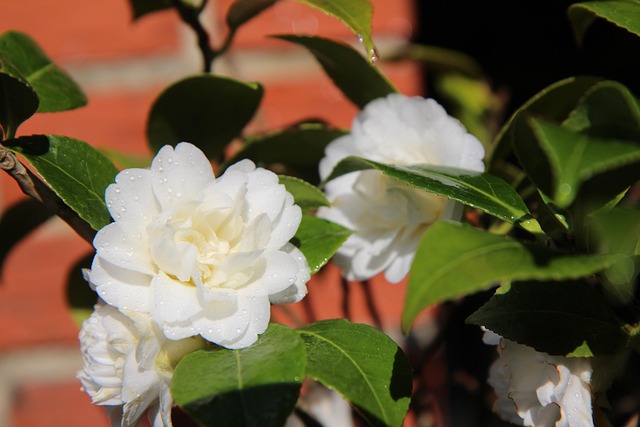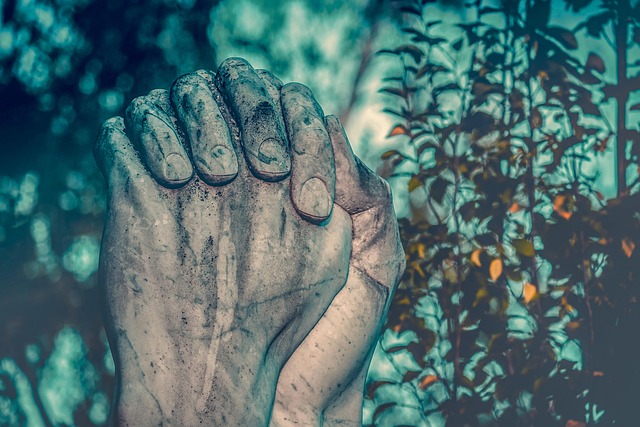Holidays often conjure images of feasting, gathering, and celebration. Yet, woven into the tapestry of many sacred seasons is a contrasting practice: the spiritual discipline of the fast. It might seem counterintuitive – why abstain during times of joy and communal connection? But across diverse faiths, the act of fasting during holidays is a profound tradition, a way to shift focus from the material to the divine, to prepare the heart and soul for the significance of the season.
Think about the anticipation leading up to a major holiday. There’s a buildup, a sense of stepping out of the ordinary. Fasting amplifies this feeling, making the arrival of the holy day or the break of the fast even more meaningful. It’s a deliberate pause, a physical act that helps quiet the noise of daily life and create space for spiritual reflection.
In various religions, the purpose of fasting during holidays differs slightly but often shares common threads. For many, it’s about self-purification and penitence, a way to cleanse oneself spiritually before approaching a holy time or event. It can also be an exercise in self-discipline, strengthening willpower and reminding adherents that they are not solely ruled by physical desires. Fasting fosters empathy, too, allowing participants to experience, in a small way, the hunger and deprivation faced by others, thereby encouraging charity and compassion.
Consider traditions like the Christian observance of Lent leading up to Easter, often involving some form of fasting or abstinence. Or the Islamic holy month of Ramadan, where fasting from dawn till dusk is a cornerstone practice culminating in the Eid al-Fitr celebration. Judaism has significant fast days, like Yom Kippur, the Day of Atonement, which is a time of intense reflection and prayer. These are not merely acts of deprivation but are imbued with deep spiritual meaning, preparation, and a heightened sense of communal identity and shared purpose.
Engaging in a fast during a sacred holiday transforms the experience from just an external celebration into an internal journey. It’s a way of saying, This time is different; it requires my full attention, not just my presence.” It’s a powerful reminder that holidays, at their core, are about more than festivities – they are opportunities for spiritual growth, connection, and remembrance of the sacred.




